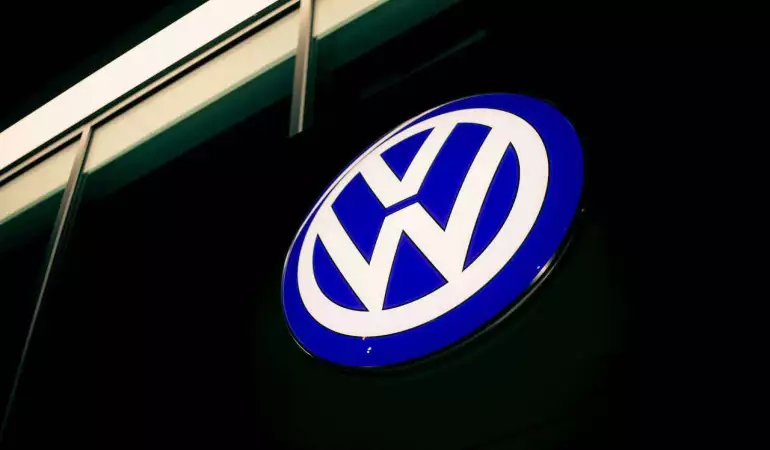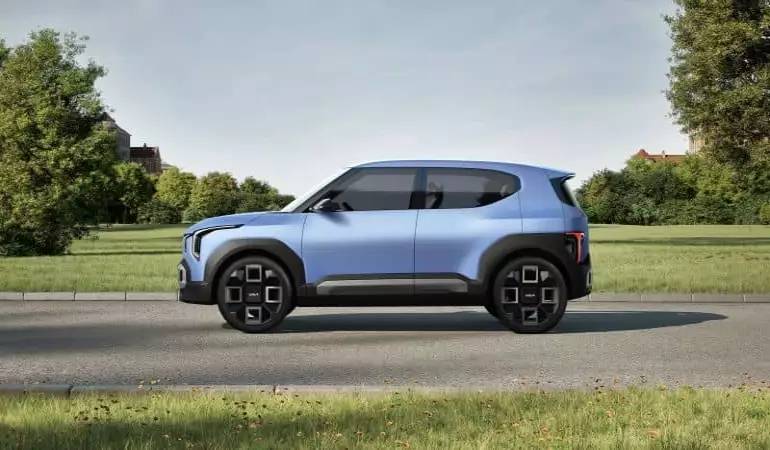VW to hand over its factories to Chinese EV manufacturers
With the German car industry facing a downturn, Volkswagen has announced that it is ready to allow Chinese electric car makers to take over production lines at its struggling plants.
January 28, 2025 14:48
Factories will be adapted to the EU market
"Volkswagen executives have hinted at possible cooperation with Chinese electric car makers to make more efficient use of overcapacity in their factories where production is being cut.
"Audi CEO Gernot Döllner stated that such deals would lower the barrier to entry for competitors, adding that it is certainly possible.
"David Pauels, Chief Financial Officer of the Volkswagen brand, also stressed the importance of flexibility.
"We are open to discussions with any partner, on any topic. In a dynamic world, it is essential to have all the possibilities", he announced.
Last month, after intensive negotiations with the unions, Volkswagen abandoned plans to close its German plants, even though falling demand for cars means that two plants are becoming surplus to requirements.
According to the company, the plants were adapted to the European market, which used to have annual sales of 16 million cars, but demand has now fallen to around 14 million.
Nevertheless, the company has reached an agreement with the unions to waive bonuses and cut more than 35,000 jobs by 2030, allowing it to keep the plants but to reduce production there.
Conflict with the EU
At the time, Volkswagen claimed that the deal would save more than €15 billion, but this is only part of the wider challenges facing the German car industry.
Signals that the country's carmakers are looking for ways to use surplus factory space have emerged amid growing competition from Chinese electric car makers.
The latter have flooded the European market with cheaper vehicles, increasing the pressure on the domestic industry.
In response, the EU last year imposed tariffs on imports of Chinese electric cars, claiming that Beijing was unfairly subsidising these companies, allowing them to dump on the European market.
Despite these measures, German carmakers are still struggling to adapt to the electric car revolution, of which China is a leader. China's long-standing dominance in innovation has left the Germans struggling to maintain their position in the global market.
This downturn in the automotive sector has been a serious challenge for the German economy as a whole, which has traditionally relied heavily on this industry. The latest figures show that the German economy contracted for the second year in a row, shrinking by 0.2% in 2024, after a 0.3% contraction in 2023.
Timo Wollmershäuser, an economist at the Ifo Institute in Munich, underlined the situation: "Germany is experiencing perhaps the longest period of stagnation in its post-war history, and its growth is also lagging far behind internationally."
This situation raises concerns about the future of German industry and thus the economic stability of the country as a whole.




